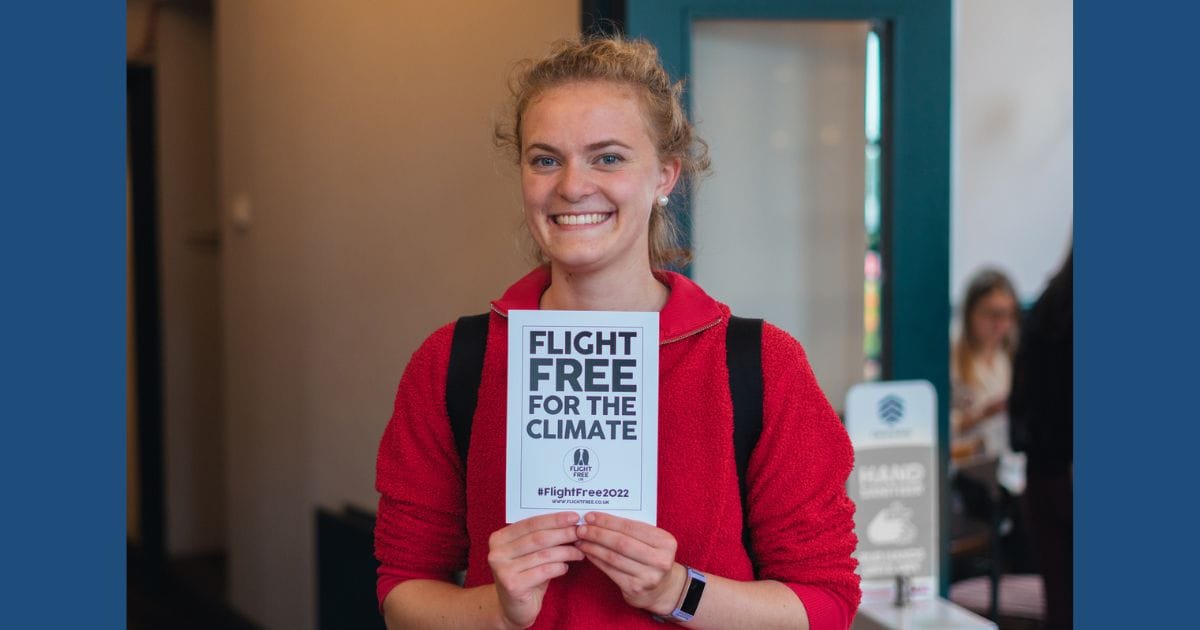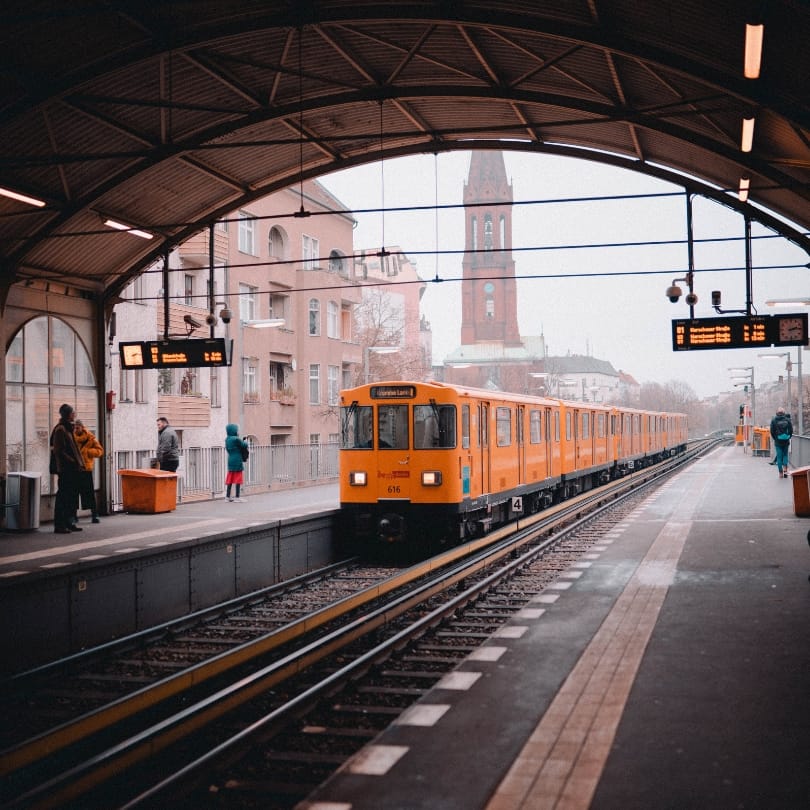Aviation is on an upwards trajectory.
The most recent estimates suggest that demand for air transport will increase by an average of 4.3% per year over the next 20 years.
This is often used as a reason to justify airport expansion. But do airports respond to demand, or is it the other way around? Demand for something usually grows to fill the space that is provided. Like building extra lanes on a motorway: rather than ease congestion, it encourages more cars.
Are airlines responding to demand? Or are they are shaping demand with the routes they introduce?
Flights will stop going if we stop taking them.
Many people say, ‘the plane will go anyway’, suggesting that the demand for flights will always be there, regardless of what we do. But flights will stop going if we stop taking them. Not straight away, but in the longer term. Even short term, airlines respond to demand: more flights are added when big sports fixtures are scheduled, for example.
The definition of demand in economics is the willingness and ability of a consumer to purchase something.
The willingness and ability of a consumer to purchase a flight is driven by lots of things, but mostly low prices.
UK residents made 73% more visits overseas in 2019 than in 1999 – the year that EasyJet first sold more than £1m worth of flights online.
Most of the growth in that time was in leisure travel, and it’s not a coincidence that the massive increase in flying has happened since low cost airlines like EasyJet and Ryanair have been on the scene. Low prices enabled all sorts of new flying habits.
It’s not a coincidence that the massive increase in flying has happened since low cost airlines have been on the scene.
Here are some types of flying that people didn’t used to do before low cost airlines – all of them real examples from real people.
- Having a lads’ weekend in Prague because once you factor in the price of beer, it’s cheaper than a weekend at home.
- Living in Northern Ireland and commuting to London by air because it’s cheaper than renting a flat in London.
- Organising a hen party in Magaluf because the bars there give you free drinks.
- Choosing to study at university in England because you can commute from your home in Eastern Europe via Luton Airport.
These are all rational choices, when flying is so inexpensive – especially if you don’t think about the impact on the climate.
But what would happen if the price increased? It would make flying less competitive with other forms of transport, which would probably lead to different choices being made.
Would a ruby wedding be celebrated with a family trip to Tenerife? Maybe they would celebrate with a party, a meal at a nice restaurant, or a rose for the garden instead.
What would happen if the price increased? It would make flying less competitive and lead to different choices being made.
Is it really flying that we demand? We demand good times with our families and friends. We demand memorable occasions. We demand access to work and education.




